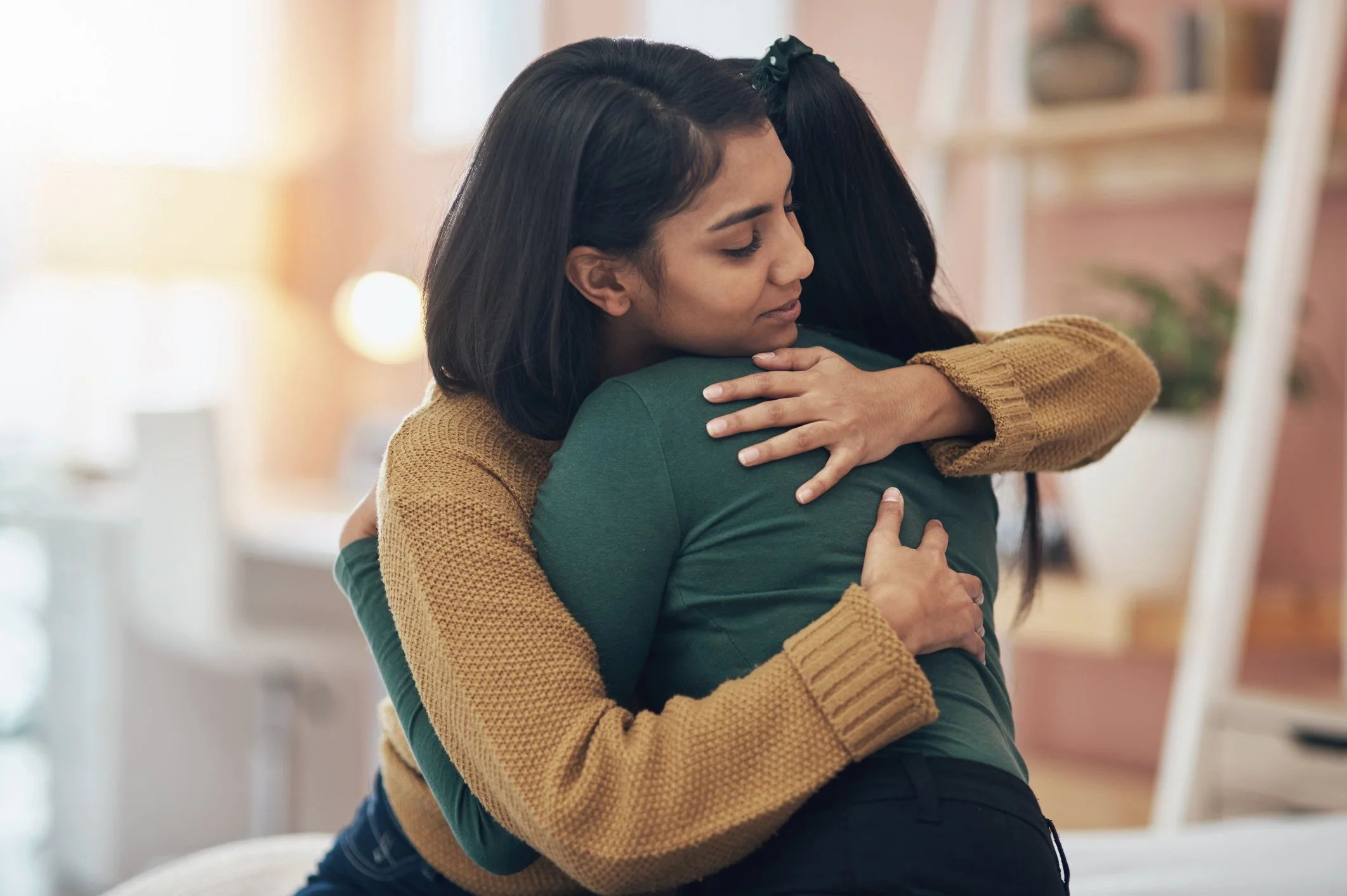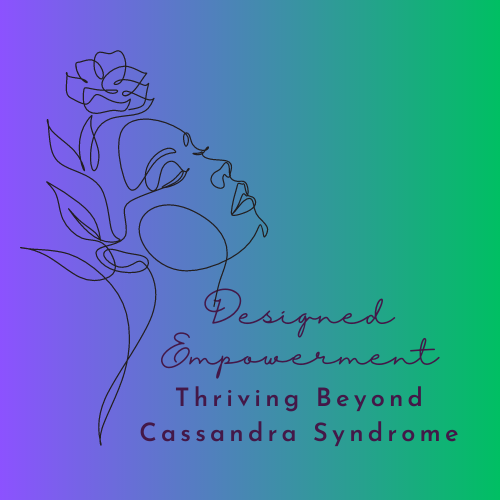I believe you
Your relationship has possibly derailed you from your center, from a strong sense of self and optimism. Leaving you both feeling abandoned and hopeless. If you are Allistic, your relationship with an Autism Spectrum partner may present a unique set of challenges that may be difficult for you both. My therapeutic community experience is here to help you navigate all of its emotional and practical complexities while honoring your differences. This approach is designed to help you find clarity, healing, and empowerment—whether your path is to strengthen your relationship or to move forward after seperation.
Book your free session here

NOW OFFERING in-person intensives
GROUP COACHING & 1:1 PRPGRAM PACKAGES
“After a couple of years of rumination, angst, etc., I finally realized that I have to build the life that I want and I cannot depend on anyone else to provide that life for me. I believe my marriage will pull through this hard time and in the meantime, I am building the future I want. I started my own business, and it has been taking off, I have read so many helpful books, and most critically, I finally found a therapist who is an expert on Cassandra Syndrome and a trained couple's therapist for ND couples. I learn so much from her every single week and she's my lifeline - not only to survive, but to thrive. It's very hard to find the right type of therapist [or coach] and I've been through so many at this point. A few months ago, I was desperate and googled something about how to heal from Cassandra Syndrome and I found her page. I wanted to drop it here in case anyone else could benefit from similar support (her name is Lisa Anzaldua).”
“As a result of working with Lisa, I have released a lot of the anger and resentment, replacing it with more compassion for my husband. I'm still working on who and what I am, but releasing the negative energy will make that process more of a priority.
This has impacted my life such that I feel that a weight has been lifted and that I can now focus more on myself rather than my issues with my husband. I don't know if I've ever truly made myself a priority. Focusing on my growth is exciting.” -LN, San Diego.
Podcast Episode
Podcast Episode
Podcast interview Marriage Counseling, Autism, and Neurodiversity in Partners
Podcast interview with Mona on Neurodiverse Love to learn how to heal and find your authentic self again.
More testimonials
-
"The aspects of the coaching program that made the most significant impact on me were having you take the lead on "here's the plan, let's work through these steps." was so helpful to get me to see more of my own process and how much I wanted to live intentionally no matter what happens w/ my husband's choices and actions. You had some incredibly rich psychological connections that you helped me make and the wealth of information about the other NT spouses was huge for me to hear and feel validated."
JR, New York
-
"What has changed as a result of the group coaching is that I have found a stronger sense of self. I am learning to validate my own experiences, sit with my own feelings/pain/struggle w/o jumping into the anxious attachment mode. I have been incredibly clear, direct, and also patient in expressing my requests, needs, and desires."
MT, Los Angeles
-
"The group has impacted my life in that the cohort of other women has been so crucial in finding other people who have been through similar patterns in their intimate relationship and families. I know I can reach out to that group to find understanding, ideas, support and nurture. I feel so much stronger as an individual and know more who I am after going through the group process. I can only control my response and my choices, so I'm owning that responsibility more than ever to build the intentional life I want to live."
Anonymous (for privacy)
For nt/allistic partners - How to thrive in your Neurodiverse Relationship
You need a warm community
To feel psychological and emotional safety. Allow for community and trust with those who get it. And for others' stories to be integrated into your own so that healing and empowerment can begin. To make sense of your present experiences so that you are not in a constant state of overwhelm. Validate and understand your emotions - grief, anger, frustration, and shame.
You need Guidance from a professional
To heal the attachment injuries, you both have been enduring. And of those from anywhere else in your timeline to help prevent the byproduct of past traumas from continuing to influence you. To learn powerful techniques and apply them regularly to eliminate mental and emotional anguish while navigating the relationship and overcoming triggers in everyday interractions.
A framework designed FOR POST TRAUMATIC growth
To reclaim or reestablish a strong sense of self. Organize around your highest values. Optimize what is working while in the relationship and roadmap for a more enjoyable daily experience - a process for releasing fears, resentments, and regret. Engage in constructive actions stemming from heart-brain coherence. Heal, nourish, process, and grow. Feel empowered again. And feel joy again!
Thrive Beyond Cassandra Syndrome Guidebook
A Path to Healing and Empowerment in Your Neurodiverse Relationship
-
"I would recommend the Thriving Beyond Cassandra Syndrome group to anyone who thinks their spouse is on the spectrum and they are feeling the untethered, spinning, and uncertainty of what to do next."
BH, Chicago
-
"My favorite part of the group was the empathetic listening and responses from the other women who understood the difficulty in being in a similar relationship. I went into this wanting to gain skills to find peace in my life and relationship…and not die from anxiety and psychosomatic health issues. The main challenge I was facing were communication failure with my spouse, depression, frustration, anger, hopelessness, health problems. It felt like I needed to get my life back, get me back."
SG, Houston
-
“My favorite part of the group was group share. I loved the group's makeup and found each woman's honesty and vulnerability, including yours, comforting and inspirational. I would you recommend the Thriving Beyond Cassandra Syndrome group coaching and therapeutic community to anyone struggling to identify a sense of self.”
DW, Phoenix

